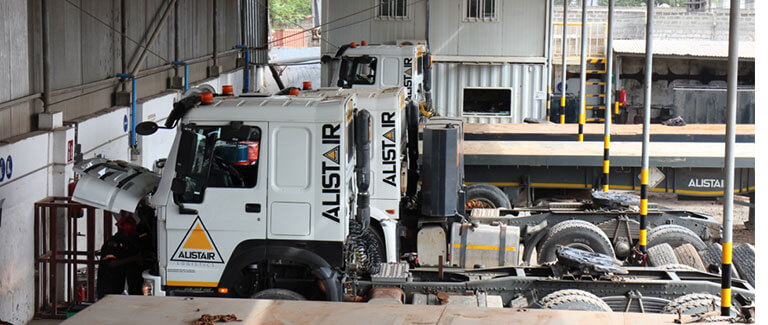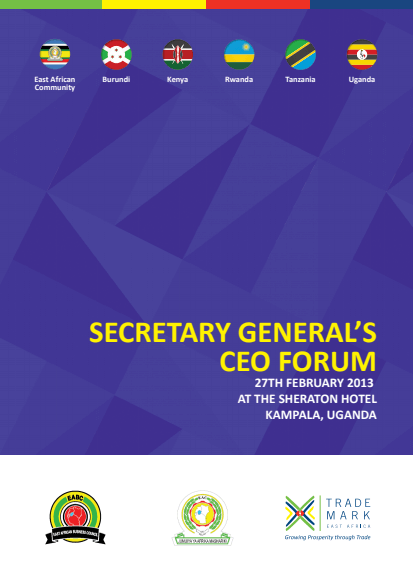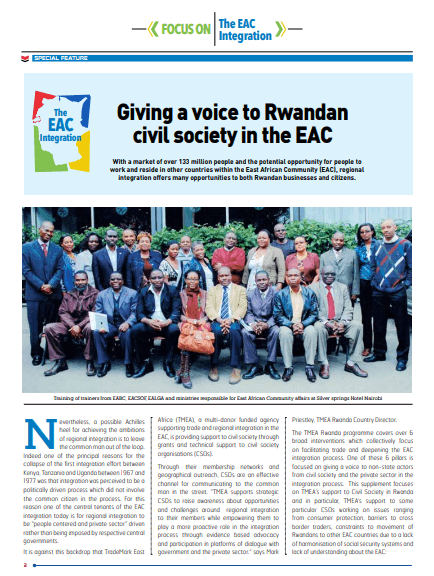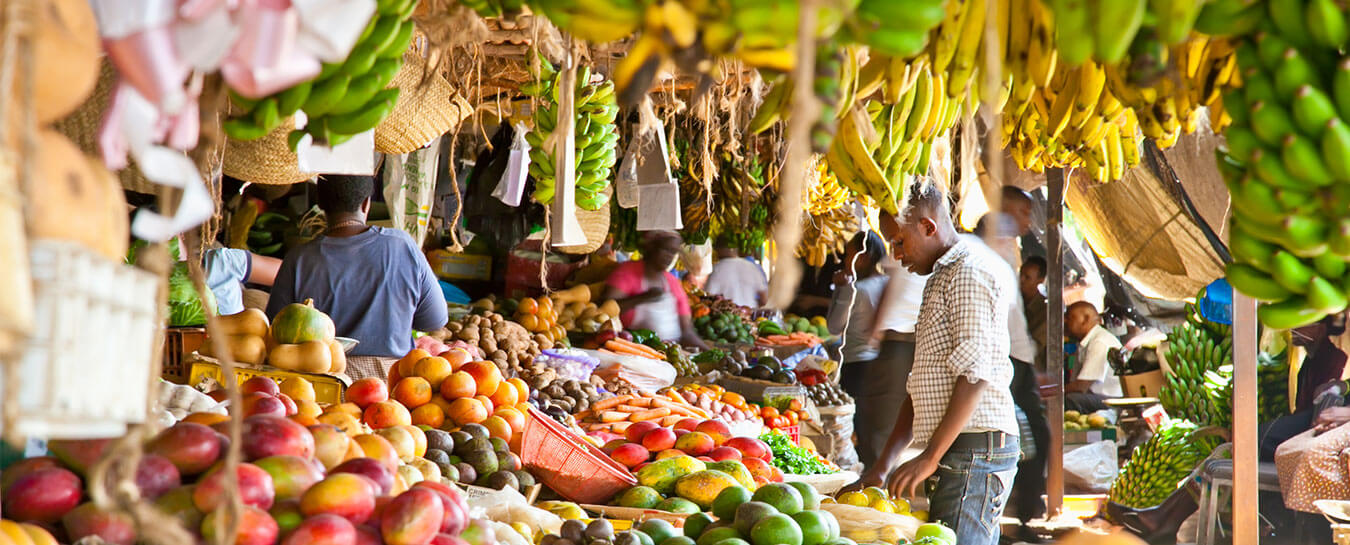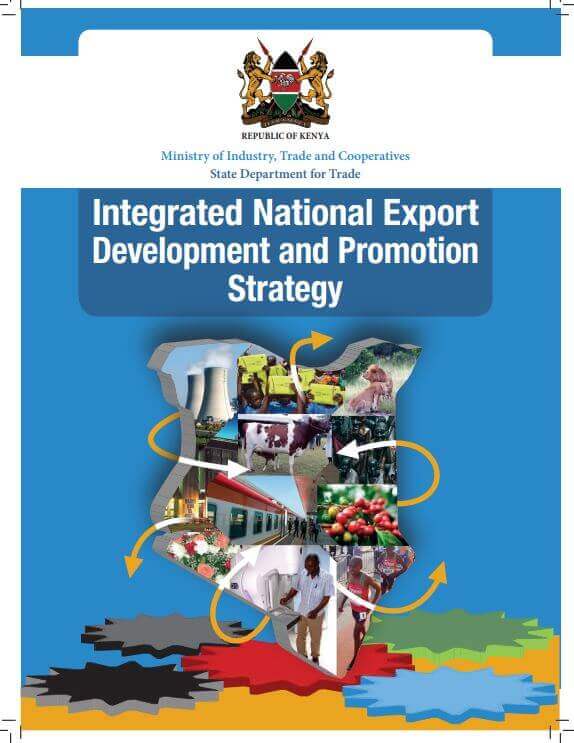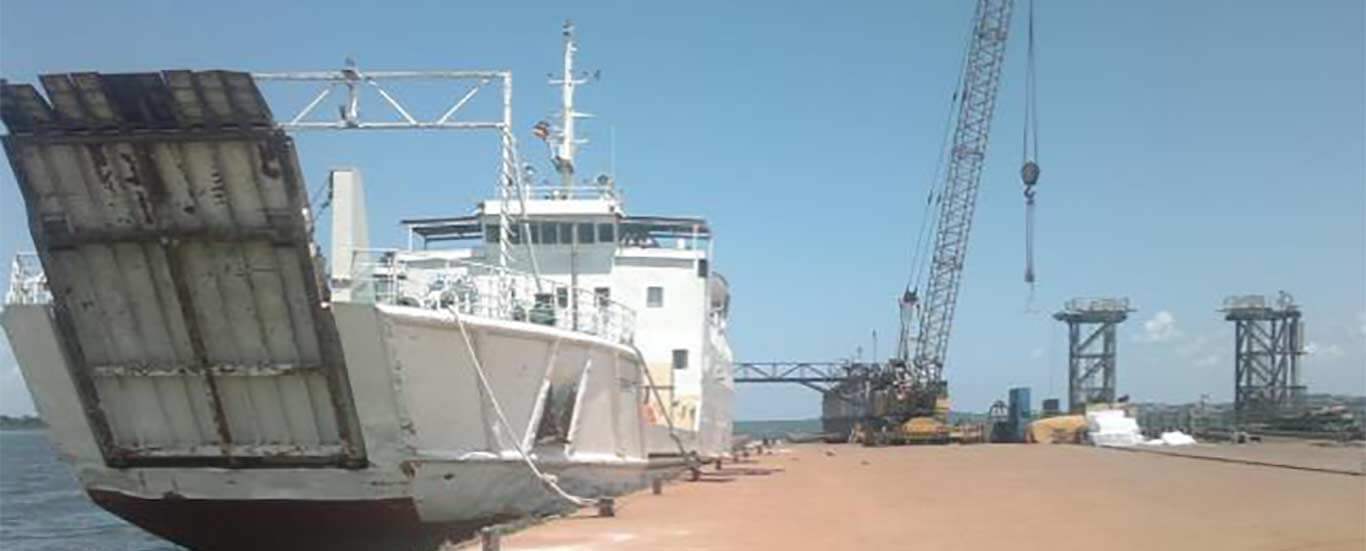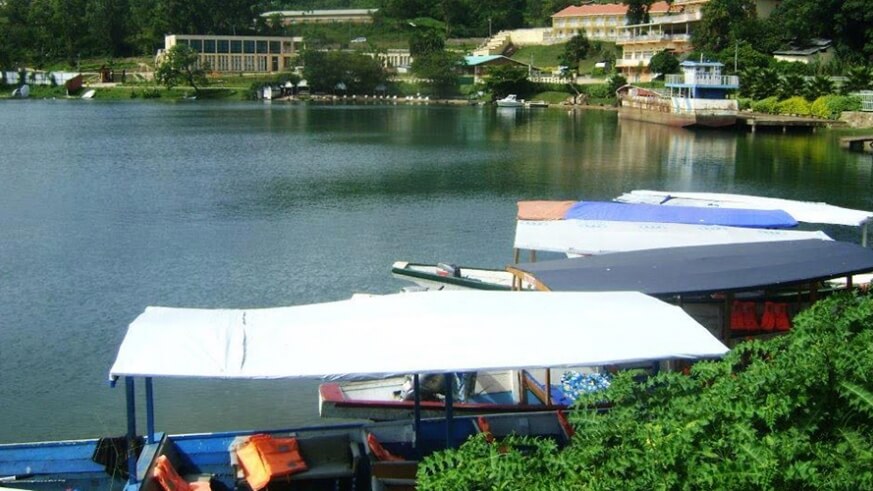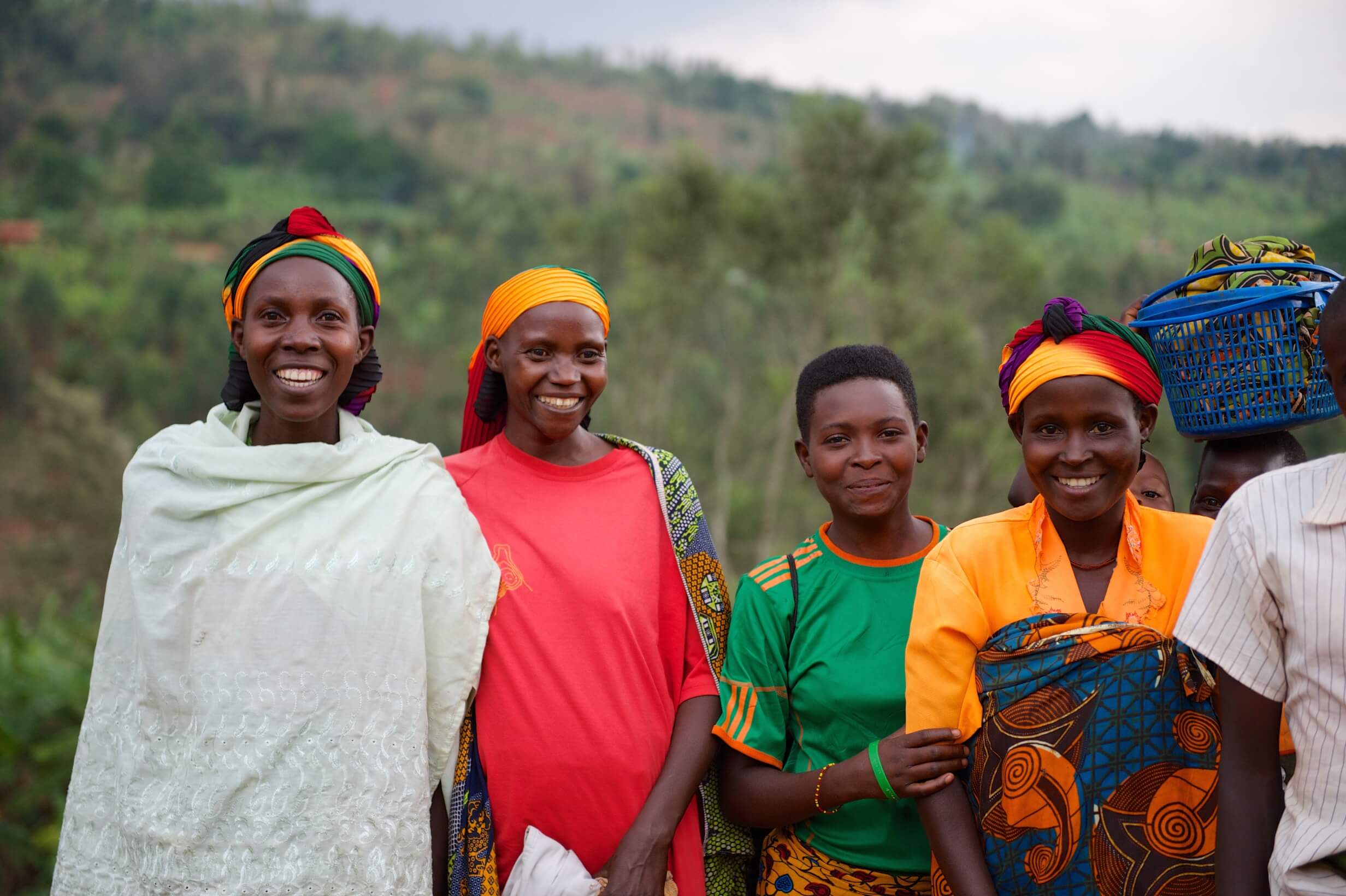[vc_row][vc_column][custom_inner_menus select_menu="project"][/vc_column][/vc_row][vc_row][vc_column][single_project_block_1 heading="Logistics innovation for Trade (LIFT)" implementor="Nathan Associates London Ltd" target_group="Innovators, Transporters, Cargo owners, Logistics Industry Players" project_value="US$ 14,114,000" implementation_period="1st July 2014 – 30th June 2019" download_btn_text="Download Project PDF" download_btn_link="#url"] Freight and transport costs in East Africa are among the highest in the world, with an estimation of them being at 50% higher per kilometer compared to Europe and the USA. These costs erode the competitiveness of goods exported by East African countries, raise the cost of living and put a brake on development activities in the region. For East African landlocked countries, transport costs can be as high as 75% of the value of exports. In the end, it is the producers or a business that suffers the consequences of high transport costs and inefficiencies. The World Bank estimates that high transit costs reduce growth rates by up to 1% per annum and account for 40% of the higher consumer prices paid across the region of more than 250 million people. The institution also posits that transit times have the most significant effect on exports. Yet, studies further estimate that a reduction of one day in transit times leads to a 7% increase in export Trade is growing up to 8% per annum across the region and economic growth is picking up. However, this growth will be constrained if the transport and logistics sector remains inefficient. Therefore, reducing the cost and time of transport and logistics should be a priority. Streamlining this sector will contribute to increasing trade,...
Logistics innovation for Trade (LIFT)
Posted on: January 30, 2015
Posted on: January 30, 2015

